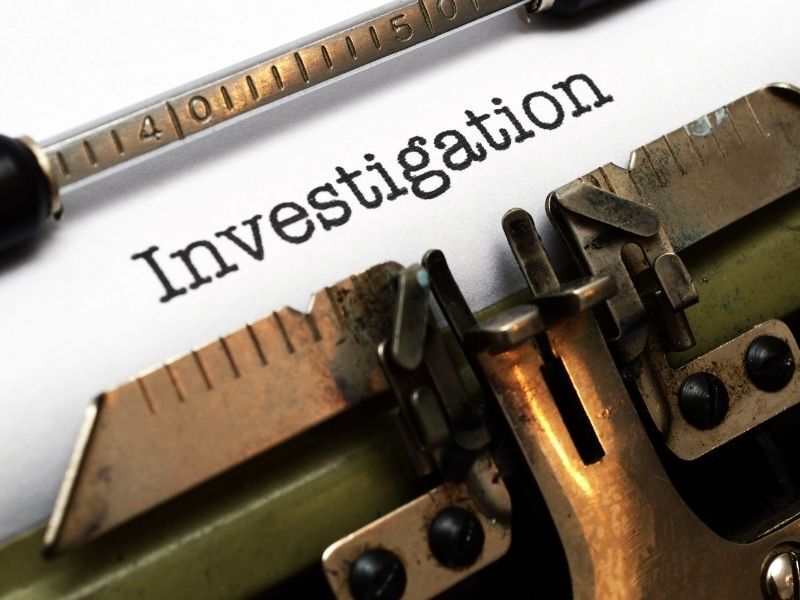
One of the most important parts of a personal injury lawsuit is the discovery phase. The evidence uncovered during discovery can have a significant impact on the outcome of your case. Keep reading to learn more about the discovery process from the Sacramento personal injury attorneys at Demas Law Group, P.C..
What is the Discovery Phase in a Personal Injury Case?
The discovery phase in a personal injury case gives both the plaintiff (the party who files the lawsuit) and the defendant (the party being sued) a chance to examine the evidence gathered by the other side and collect additional evidence of their own. Discovery happens after the plaintiff submits a formal complaint in court and the defendant has had a chance to respond. As part of the discovery process, both sides can ask the other to produce documents and other evidence, submit to a formal deposition, and ask each other to respond to written statements.
How Long Does the Discovery Process Take?
The length of the discovery process depends on the facts of the case and the amount of evidence that has to be reviewed. Since both sides are required to submit their evidence to their opponents for review, it could take weeks or months for the lawyers on both sides to go over all of the documentation.
What Are the Three Forms of Discovery?
Lawyers have several tools at their disposal during the discovery phase in a personal injury case, including:
- Depositions — During discovery, both the defendant and the plaintiff can ask each other, as well as their witnesses, to submit to a deposition outside of court. During the deposition, a lawyer will ask the deposed individual a series of questions or statements about the case under oath. That means the person is swearing that they are telling the truth as they know it. A court reporter usually transcribes depositions for the sake of accuracy and impartiality.
- Requests for documents — Both sides in a personal injury case have the opportunity to review medical records, photographs, witness statements, and other documentary evidence during the discovery phase of a personal injury lawsuit.
- Written interrogatories —Asking the subject to respond to written questions is a tactic lawyers employ during discovery. These written questions can help clarify questions about the facts of the case. It also allows attorneys to determine the credibility of the claimant’s statements.
Do Most Cases Settle After Discovery?
Many personal injury lawsuits conclude either during or at the end of the discovery phase. In many cases, the defendants don’t want evidence against them revealed in court. The pressure from the discovery process can push a stubborn defendant into agreeing to a more reasonable settlement.
How Can Demas Law Group Help?
If your personal injury case is headed toward trial, an experienced attorney can make all the difference during the discovery phase. As veteran California personal injury lawyers, the team at Demas Law Group, P.C. knows how to use the discovery process to our advantage. We’ll ask the right questions, push for answers, and pursue the best possible results for you. Call or reach out to us online now for a free consultation.

